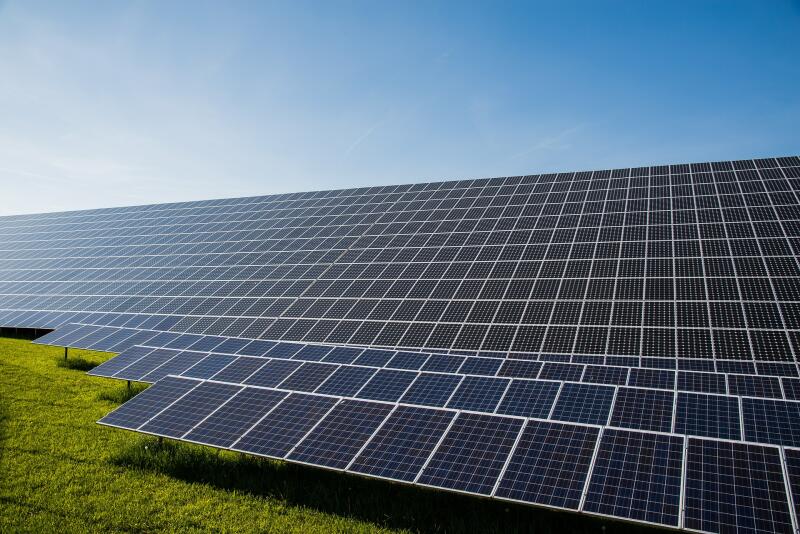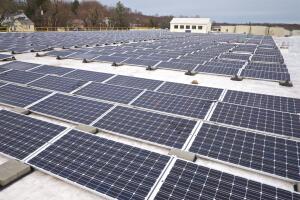
A new 30% tariff on solar panel imports imposed by the White House has made headlines across the globe. The purported purpose of the tax is to protect domestic solar producers from cheap Asian imports and thus preserve manufacturing jobs - a step in President Trump's "America First" economic strategy.
However, many expect that the tax will undermine the momentum that has led to solar energy's success as the fastest growing energy sector. The reason for the surge in solar has been due to the plummeting costs of solar panels, which dropped from their 2010 price of $7.50 per watt to today's $1.60 per watt.
Industry Braces for Loss
The Solar Energy Industries Association (SEIA) believes that the new tariff will be hugely disruptful. Moreover, SEIA underscores that the two largest domestic manufacturers of solar panels, Suniva and SolarWorld (both foreign-owned entities), are not expected to remain financially solvent despite the tariff.
In a press release Abigail Ross Hopper, SEIA's President and CEO, said: "While tariffs in this case will not create adequate cell or module manufacturing to meet U.S. demand, or keep foreign-owned Suniva and SolarWorld afloat, they will create a crisis in a part of our economy that has been thriving, which will ultimately cost tens of thousands of hard-working, blue-collar Americans their jobs." At the same time, Hopper believes that the tax is merely a speed bump, and that the industry will recover from the setback.
Fossil Fuel Wins
Rolling Stone writer Tim Dickinson concludes that the fossil fuel industry will win big by the tax on solar as it will impede the development of new solar installations. To meet energy demands, there will be an increased reliance on more polluting forms of power.
The fossil fuel industry has indeed been feeling pain by the rise of solar power and other renewables. In his new book, Truth to Power, Vice President Al Gore states that: "As the renewable energy industry has flourished, the market capitalization of the global coal industry has fallen almost 90 percent in the past seven years."
Planet Aid Power
Planet Aid is a strong supporter of solar power and use of other renewables. Last year, we proudly innaugurated a new solar power generating facility atop our Massachusetts warehouse, and we believe the growth of renewable power will remain strong over the long term.
However, it is important to emphasize that the Earth cannot afford delays or setbacks to reducing greenhouse gas emissions, as the acceleration of climate change leaves no margin to equivocate or dally.

